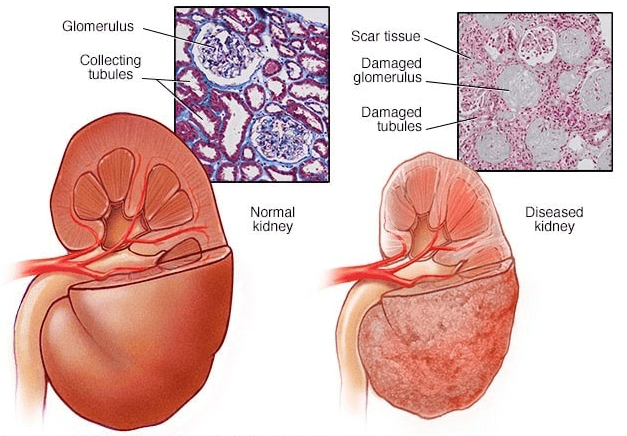A nurse is caring for a client who has end-stage kidney disease. The client has decided to stop dialysis treatment.
Which of the following actions should the nurse take?
Support the client's decision to stop the treatment.
Tell the client she should discuss this decision with her family.
Ask the facility chaplain to visit the client.
Discuss alternative treatment methods with the client.
The Correct Answer is A
a. Support the client's decision to stop the treatment.
As a nurse, it is important to respect the client's autonomy and right to make decisions about their own care. The decision to stop dialysis treatment is a personal one and should be respected by the healthcare team. The nurse should support the client's decision and provide information and resources to help the client manage symptoms and maintain comfort during the end-of-life process.
It is not appropriate for the nurse to suggest that the client discuss the decision with her family or to discuss alternative treatment methods, as these decisions should be made by the client in conjunction with their healthcare provider.
It may be appropriate to offer spiritual or emotional support to the client, but this should be based on the client's preferences and not imposed upon them by the healthcare team.

Nursing Test Bank
Naxlex Comprehensive Predictor Exams
Related Questions
Correct Answer is C
Explanation
During a seizure, the child's muscles may contract forcefully, which can lead to accidental biting of the tongue or inner cheek. Inspecting the child's mouth for any signs of injury, such as bleeding or lacerations, is important for assessing and addressing immediate needs.
Instead of placing the child in a supine position (flat on their back), it is recommended to position them on their side (recovery position) to help maintain an open airway and prevent aspiration in case of vomiting or secretions. This position also helps promote drainage of saliva or other fluids from the mouth.
Seizures can be frightening for both the child and their caregivers. Providing a calm and soothing environment, offering comfort, and reassuring the child and their family can help alleviate anxiety and promote a sense of safety.
Administering medication or offering fluids should be determined based on the healthcare provider's orders and individual circumstances. It is essential to consult with the healthcare team for specific instructions regarding medications and fluid management after a seizure episode.
Correct Answer is D
Explanation
This statement shows that the client understands the threshold for high blood pressure readings. A blood pressure reading of 140/90 mmHg or higher is considered elevated or hypertensive.
It is important for the client to be aware of this value and to seek medical attention or follow the prescribed management plan if their blood pressure exceeds this threshold.
The hand should be supported at the level of the heart or positioned comfortably during blood pressure measurement, but it does not need to be specifically 6 inches below the heart.
Consistency in the timing of blood pressure measurements is important for accurate monitoring. It is generally recommended to measure blood pressure at the same time each day to account for variations that can occur throughout the day.
The blood pressure cuff should be snug but not too tight around the upper arm. It should fit comfortably and securely to ensure accurate readings.
Whether you are a student looking to ace your exams or a practicing nurse seeking to enhance your expertise , our nursing education contents will empower you with the confidence and competence to make a difference in the lives of patients and become a respected leader in the healthcare field.
Visit Naxlex, invest in your future and unlock endless possibilities with our unparalleled nursing education contents today
Report Wrong Answer on the Current Question
Do you disagree with the answer? If yes, what is your expected answer? Explain.
Kindly be descriptive with the issue you are facing.
